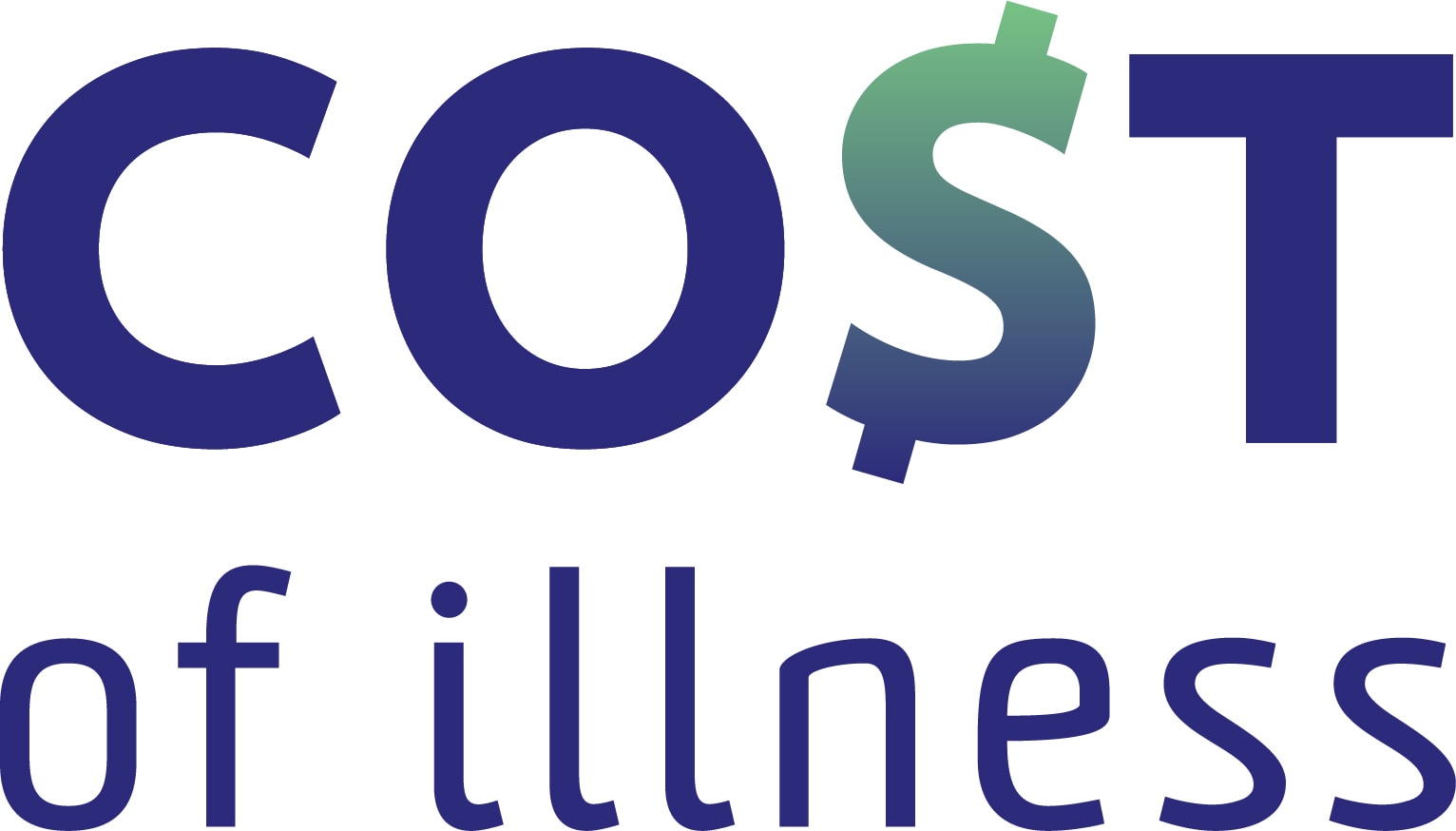Taking stock of your financial security
Whatever your economic situation, learning to take control of your income and expenses takes time, information and perseverance.
Creating a plan to deal with important but unexpected expenses, ideally other than using a credit card, isn’t easy either. Fortunately, there are a variety of reliable sources of information and groups that can help.

Information and tools
There are excellent sources of information to help people take control of their finances. Check out:

The Autorité des marchés financiers offers a wide range of information on personal and household finances as well as practical tools to use.

The Government of Canada and most financial institutions offer budgeting information and tools. Check out the online services of your bank or credit union.
There is also a range of popular budgeting software, some of which is free. The Associations des consommateurs du Québec are not one group, but together they made toutbiencalculé.ca.

If your financial situation is causing you significant stress, there is a network of organizations that specialize in supporting people with difficult financial problems. For more information, visit the Coalition des associations de consommateurs du Québec website or the Union des consommateurs website.
Finally, Quebec has an excellent network of consumer associations that have been providing personal finance counselling and workshops for almost 50 years. Their newsletters and websites provide important information. Find your local consumer association here.
Budgeting Apps

The Financial Consumer Agency of Canada and most financial institutions offer budgeting information and tools.
If you use a tool from your bank, you can link your bank accounts to your budgeting tools.
Budgeting apps have become extremely popular and there are a variety of them. Some are free and some are not. These apps can also be linked directly to your bank account, although banks and consumer associations generally discourage this practice, as they consider it can cause security issues.
L’Autorité des marchés financiers also have excellent budgeting tools.
Creating an emergency fund
Once you feel you have some control over your money, it is a good idea to create a savings account where you keep savings set aside for emergencies.
It is best to keep savings in its own account to reduce the temptation to use the money for other purposes and to clearly see how much you have saved. This is more difficult if the money is kept in an account that is used for other types of transactions.
When you do not have an emergency fund and your resources are limited, saving even a month’s salary can seem like an impossible goal.
The most important thing you can do is simply to start. And remember, no amount is too small to deposit.
If you needed to use the fund for an emergency, it should be a priority to replenish it once the emergency is over.


Be careful with credit
Most people have had the experience of having an urgent financial need and not having the money to pay for it. Often, we turn to the credit card as the easiest form of credit, without necessarily paying attention to the interest rate and our ability to repay. Unfortunately, it is much easier to get into debt than to get out of it.
Read More
If your credit card is also your emergency payment plan, it is recommended to avoid using it for non-essential purchases. The combination of consumer debt and using credit for emergencies can easily create a level of debt that is difficult to manage. Also, interest rates vary widely. Look for the card with the lowest rate. It makes a big difference in paying off the balance. If you have multiple credit cards, you may want to consider transferring your balances to the card with the lowest interest rate. You can call that card company to find out how to do this.
If a “payday loan”, alternative credit or financial intermediaries seem like a solution, or if you find yourself in a debt spiral with credit cards, we strongly encourage you to consult a consumer association. They have vast experience with directly helping families and individuals who are struggling to get their financial situation under control.
A final word
There are many taboos associated with talking about money, and financial difficulties are often a source of shame. Yet many people experience financial difficulties at some point in their lives, often due to circumstances beyond their control. There are resources that can help you and we encourage you to seek them out.
There is no shame in a person facing financial difficulties. And there is no shame in getting help.
Taking the first steps to turn your financial situation around is a powerful moment when you can start taking back control of your life in order to protect yourself and your loved ones as best you can.

© 2021 Coûts de la maladie | All rights reserved | Site by Phil





